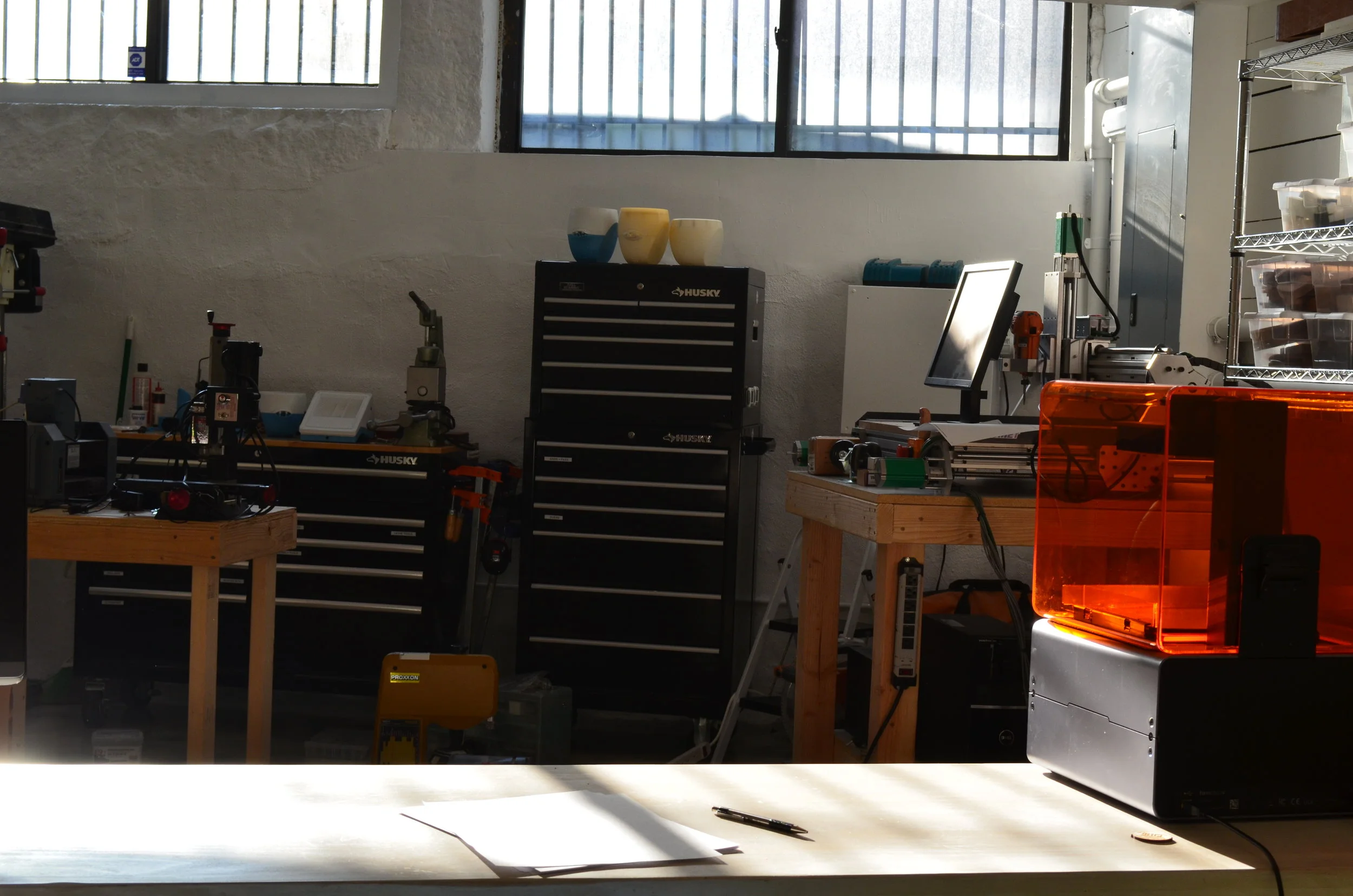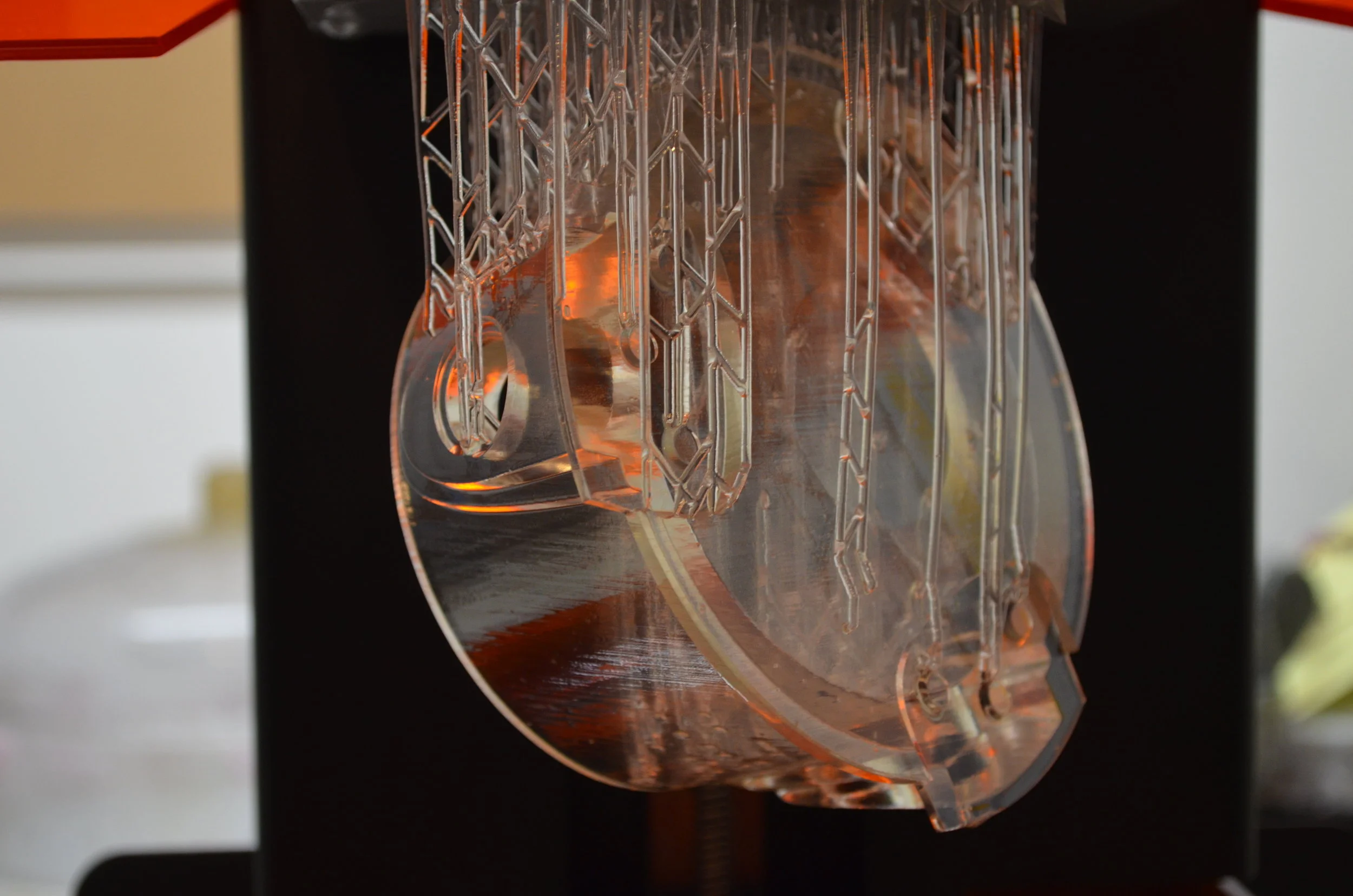Design:
- A little rumination from John Brownlee on an obscure line of toys and how the contrast between their seemingly generic character and minute details produces the same kind of sensation that more upscale, iconic products are known for: "A mass-produced object that feels unique. This is the beautiful contradiction—the strong-weak force—that spiritually bind together every great industrial design. An Eames chair has it. An iPhone has it. And, for me, a M.U.S.C.L.E. figure has it."
- The fantastical world of cultures and creatures in the Game of Thrones TV series has real world roots: Broadly has a nice behind-the-scenes look at the labor in producing costumes and props fit for on-screen royalty.
Labor Pains:
- One of the big "Web 2.0" concepts was the notion that creators could cut out greedy middlemen and reach global audiences directly, on their terms, and empower a whole new set of artists, writers, and musicians. For the most part that concept hasn't played out according the utopian-creator vision, rather the winners have been the fast-growing startups grabbing up content for aggregation, accruing massive audiences and paying out pennies to the authors (if anything at all). One notable exception is Patreon, a platform that hosts some 50,000 creators with a much more direct and transparent audience-to-builder payment process than say, YouTube or Spotify. The Verge has a solid piece profiling the platform, a handful of creators and some critics of the practice. The main concerns are around managing the expectations of a fan-hive that pays out money in dribs and drabs- that one must become not just a great musician or writer, but a great walking, talking, human brand that people can identify with which can mean truncating the true complexity of a person and their experiences. As with the rise of "personal brands" to maximize career opportunities and income, professionals of all stripes find themselves doing more and more performative work to demonstrate value, along with fulfilling the labor of their actual job descriptions.
Just A Game:
- The bizarre story of how White House Chief Strategist Steve Bannon was once in charge of trying to legitimize a company called IGE, that operated in the "gray market" of trading real dollars for virtual goods in video games, as well as running massive "gold farming" operations where low-paid workers toiled in digital fantasy lands in order to accrue virtual gold. We've covered these digital goods marketplaces in the past, mostly looking at the cultural curiosity factor and how Veblen goods can work even when they are not tangible- this story shows a bit of the uglier side of how virtual spaces can reduce friction for the worse, enabling new forms of exploitation, monitoring, and control over labor.
Up in the Air:
- 3DRobotics, the U.S. based drone tech company that once made its own hardware before shifting to software only, has decided to partner up with DJI, the China-based global leader in designing, building, and selling consumer/prosumer drones. That's a tough break for other drone companies in that space that were already far behind DJI in terms of sales and overall usership. We expect to see even deeper job cuts and possible closures/fire sale acquisitions of some of the remaining consumer drone companies in the next year. The only obvious threat to DJI's long winning streak is the recent order given to soldiers in the U.S. Army to stop using them due to concerns around data sharing. Popular Science has a little more context on the consumer drone usage by the U.S. military here.
Bias and Brains:
- Sci-Fi often falls flat when it comes to dealing with how the cultural complexities of race impact society and the implementation of technology. While dystopian stories are often perceived as warnings about the future, they also function as reconfigured stories about the present state of world: the themes of oppression, the powerful using technology to bend the have-nots to their will, and vast disparities in quality of life are with us today - just with fewer robots and exoskeletons.




